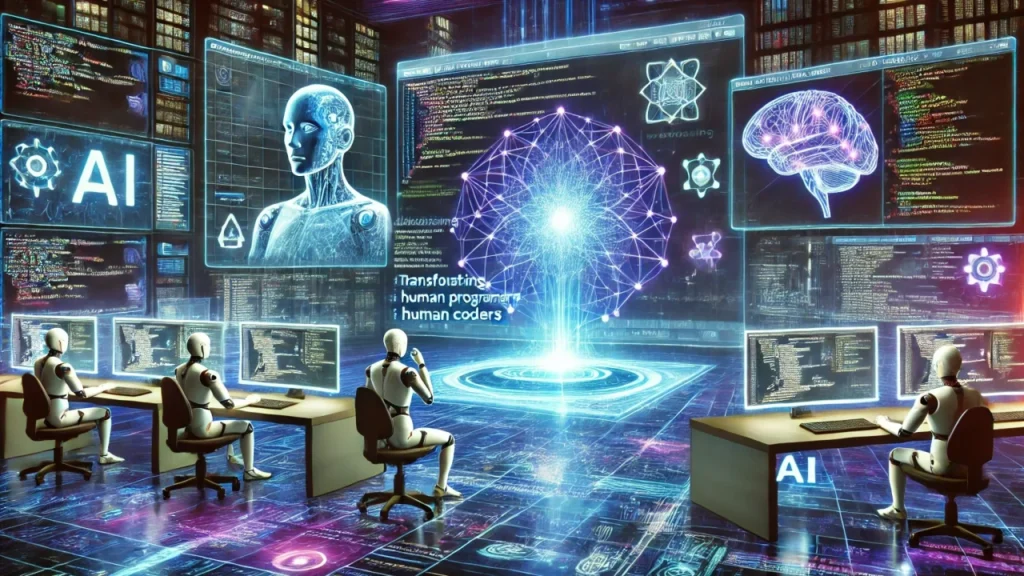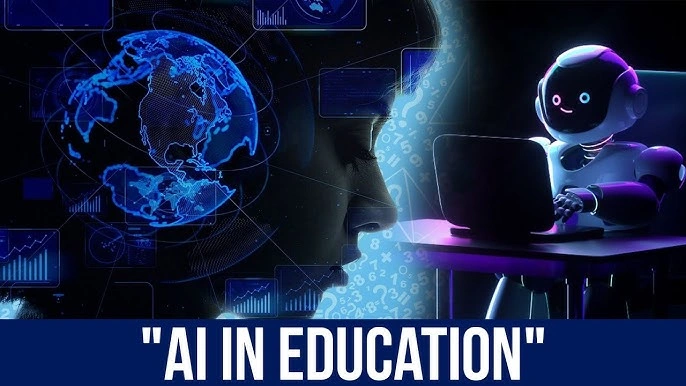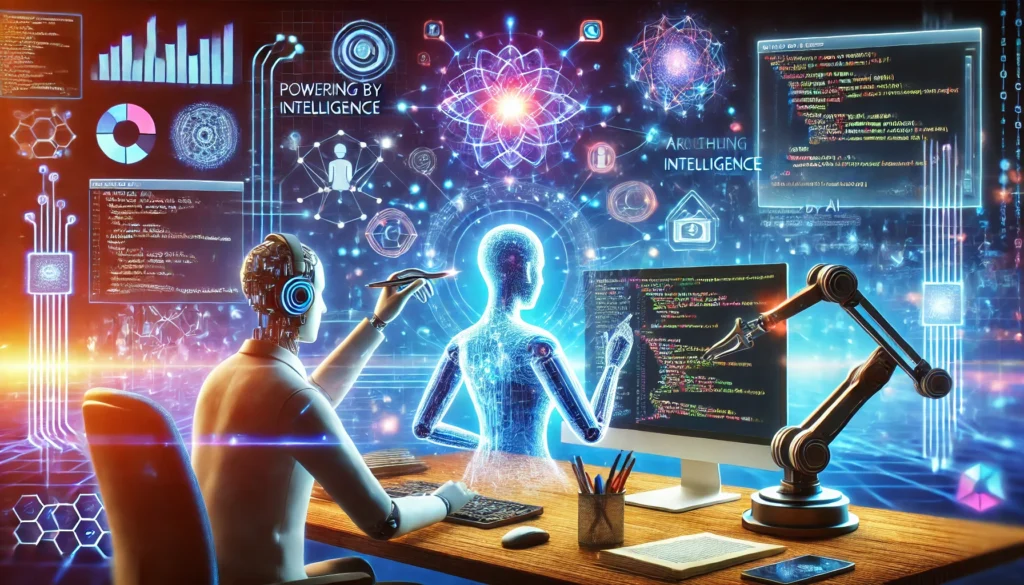In a world powered by artificial intelligence, learning to code isn’t just a tech skill—it’s a core literacy for the digital age. As AI reshapes industries, redefines jobs, and transforms how we interact with technology, the way we teach and learn coding is also evolving.
Whether you’re a student, a career changer, or just curious about tech, this new era of coding education is filled with opportunities—and a few important shifts to understand.
Why Coding Still Matters in the Age of AI

With AI tools like ChatGPT, GitHub Copilot, and no-code platforms becoming mainstream, some wonder: Do we even need to learn to code anymore?
The short answer: Yes—more than ever.
Here’s why:
- AI doesn’t replace logic and problem-solving. Coding teaches you how to think critically and break complex problems into small, solvable parts.
- AI tools need skilled developers to build, guide, and correct them. Even if AI writes code, humans must understand and refine it.
- Tech literacy is essential in an AI-driven workplace—from understanding algorithms to working with automation.
In short, learning to code helps you stay in control of technology, instead of being controlled by it.
How Tech Education Is Changing in the AI Era

1. 🧠 AI-Assisted Learning
AI is becoming the tutor of the future. Platforms now use:
- Personalized lesson paths
- Real-time feedback
- Chatbot support to answer questions instantly
This means students can learn at their own pace, with guidance tailored to their strengths and weaknesses.
✅ Example: Platforms like Codecademy and freeCodeCamp are integrating AI to give smarter feedback and faster problem-solving help.
2. 🖥️ Focus on Practical, Real-World Projects
Instead of just writing lines of code, modern tech education focuses on building real things:
- Websites
- Mobile apps
- AI chatbots
- Data visualizations
Project-based learning helps students develop portfolios and learn how to solve problems the way developers do in real jobs.
3. 🌐 Remote and Global Learning Communities
Coding education is no longer limited to the classroom. Students now learn from:
- Online coding bootcamps
- YouTube channels
- Open-source projects
- Discord communities and forums
You can learn to code from anywhere, at any age, and with people from all around the world.
4. 💼 Career-Focused Learning Paths
More coding courses are now aligned with specific job roles, such as:
- Front-end Developer
- Data Analyst
- AI/ML Engineer
- DevOps Specialist
This helps learners focus on the exact skills they need to land jobs in tech faster and more efficiently.
The Rise of No-Code and Low-Code: Should You Still Learn to Code?
No-code and low-code platforms like Webflow, Bubble, and Zapier are changing how apps and websites are built. They let users create powerful solutions without writing much code at all.
So should you skip coding?
Not really.
Here’s the deal:
- No-code is great for prototyping and launching fast.
- But coding still gives you freedom, flexibility, and control when platforms reach their limits.
- Plus, behind every no-code tool is… a lot of code.
Learning to code will help you understand what’s going on behind the scenes, and give you the power to customize, troubleshoot, and build complex solutions.
What Programming Languages Are Future-Proof?
If you’re starting out, these languages are still highly relevant in the AI era:
- Python – Great for AI, data science, automation
- JavaScript – Core language of the web
- SQL – Vital for working with data
- HTML & CSS – Still essential for frontend work
- Go, Rust, or TypeScript – For performance-focused or scalable systems
Choose based on your interests—AI, web, mobile, game dev, or something else.
Final Thoughts
The future of tech education isn’t about replacing humans with AI. It’s about using AI to make learning faster, deeper, and more accessible. Whether you’re 12 or 52, learning to code in the AI era means building a future-ready mindset, not just a technical skill.
Coding gives you the power to understand, create, and lead in a world driven by technology. And with AI as your assistant—not your replacement—you can go further than ever before.

